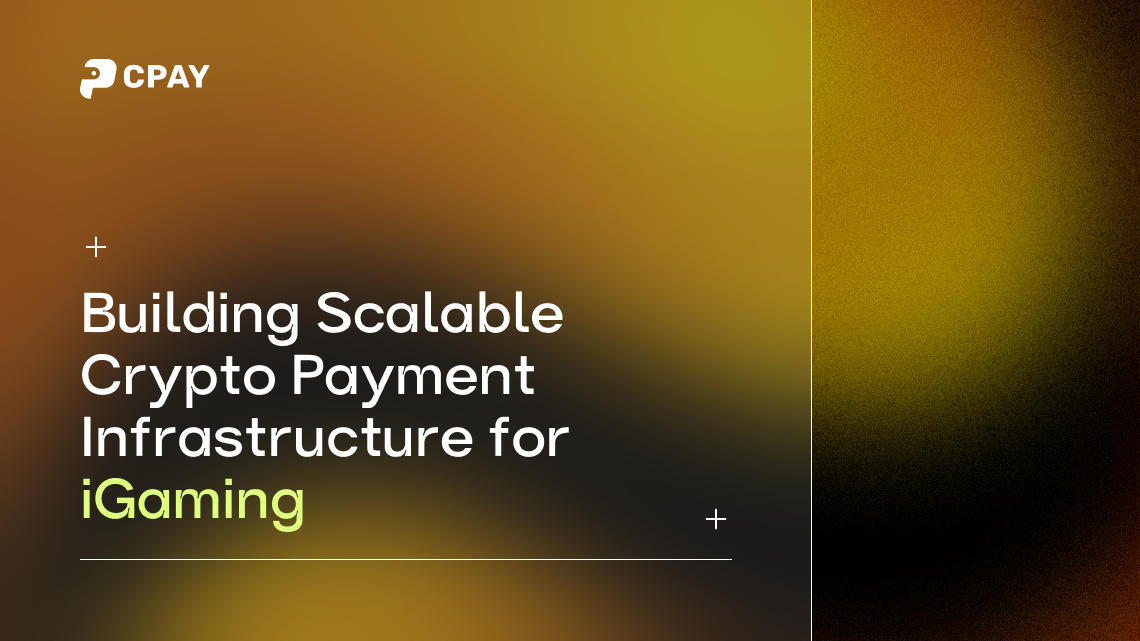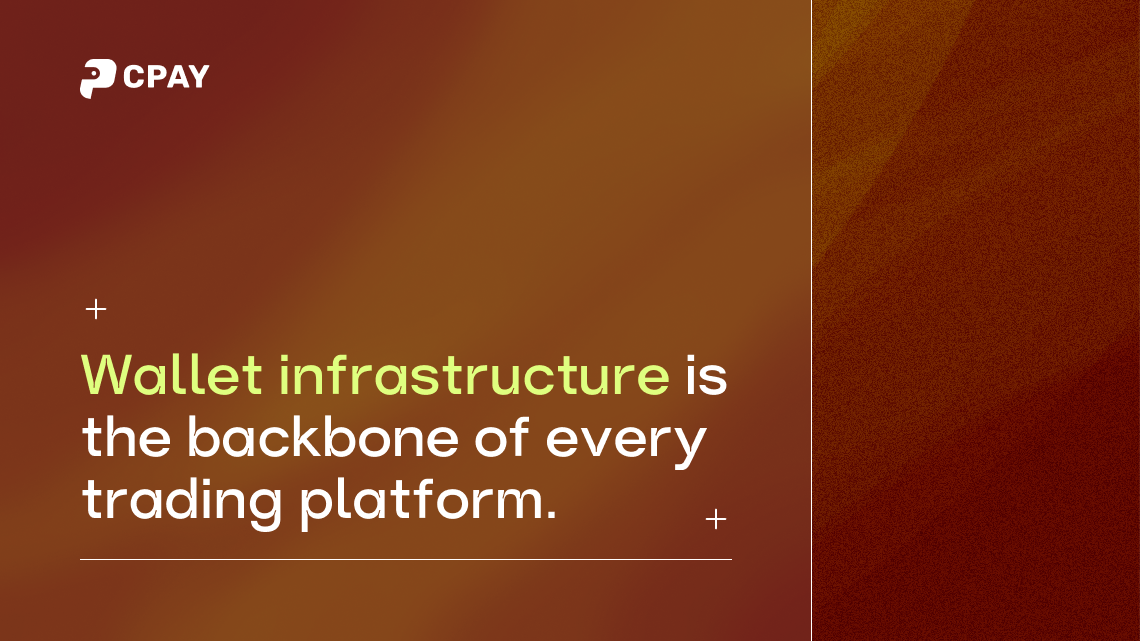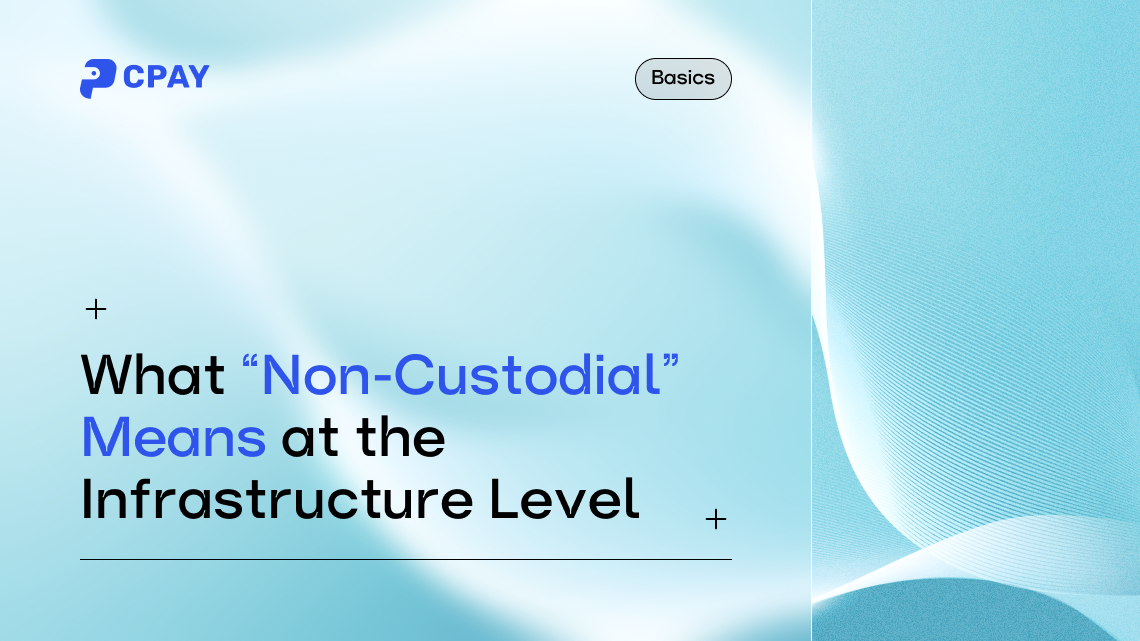The iGaming industry has always been a testing ground for new financial technologies — from early e-wallets to instant payouts and digital identity tools. Now it’s entering a new era powered by crypto and Web3 payments. The shift isn’t just about accepting Bitcoin bets — it’s about rebuilding how money moves inside gaming ecosystems.
From tokens to treasury: new models of value
Crypto introduced programmable money — assets that move at the speed of code. For iGaming operators, this means faster deposits and withdrawals, global access without intermediaries, and the ability to settle transactions 24/7. Players no longer need to wait days for payouts or rely on expensive fiat processors. A USDT or USDC transfer clears in seconds, no matter the player’s country.
But Web3 goes further. In-game tokens now represent not just chips or credits but actual assets — tradable, interoperable, and usable across different platforms. Projects integrate blockchain-based economies where every item, skin, or power-up can be owned, sold, or staked. That ownership unlocks a powerful new incentive loop: players become investors in the very ecosystems they play in.
NFTs and true digital ownership
NFTs brought provable scarcity to digital items. For iGaming, this means transparent marketplaces where every collectible, character, or reward has real-world value. Casinos and gaming platforms can issue NFT-based VIP passes, tournament tickets, or loyalty rewards that players can trade freely — creating a new layer of liquidity and engagement.
Imagine a poker tournament where access is represented by an NFT ticket; it can be resold, staked, or upgraded automatically through a smart contract. Or a sportsbook where achievements and odds histories are stored on-chain — transparent and verifiable by anyone.
Instant payouts and transparent liquidity
The most visible advantage of crypto payments in iGaming is speed. Using stablecoins or on-chain payment APIs, platforms can automate deposits and cashouts instantly. Instead of waiting for banking rails, winnings can hit a player’s wallet immediately after a match ends.
For operators, this efficiency reduces chargebacks, fraud, and reconciliation costs. For users, it builds trust — every transaction is traceable and final. That’s why many new gaming platforms now rely on non-custodial payment solutions like CPAY to process USDT or USDC payments securely and transparently.
Global access and compliance evolution
Crypto also solves one of iGaming’s long-standing challenges: global accessibility. Stablecoins bypass currency barriers and banking restrictions, enabling players from emerging markets to join seamlessly. At the same time, regulators are beginning to define clear frameworks for blockchain gaming and crypto transactions — especially across the EU, UK, and LATAM.
This regulatory clarity, combined with tools like on-chain KYC, smart-contract wallets, and automated tax reporting, is paving the way for fully compliant Web3 casinos and gaming hubs.
The future: from platforms to player economies
The convergence of iGaming and Web3 is transforming the user from consumer to stakeholder. Games evolve into self-sustaining economies where users own value, creators earn royalties, and platforms act as infrastructure rather than gatekeepers.
In the next few years, expect to see:
- Seamless crypto APIs powering in-game microtransactions.
- Wallet-based identities that unify gaming across platforms.
- DAO-driven communities that co-govern gaming ecosystems.
- Instant cross-border settlements via stablecoins and account abstraction wallets.
Crypto payments aren’t just a new option — they’re becoming the foundation for how digital gaming economies operate.
Fast, transparent, and borderless — that’s what the next generation of iGaming looks like.








